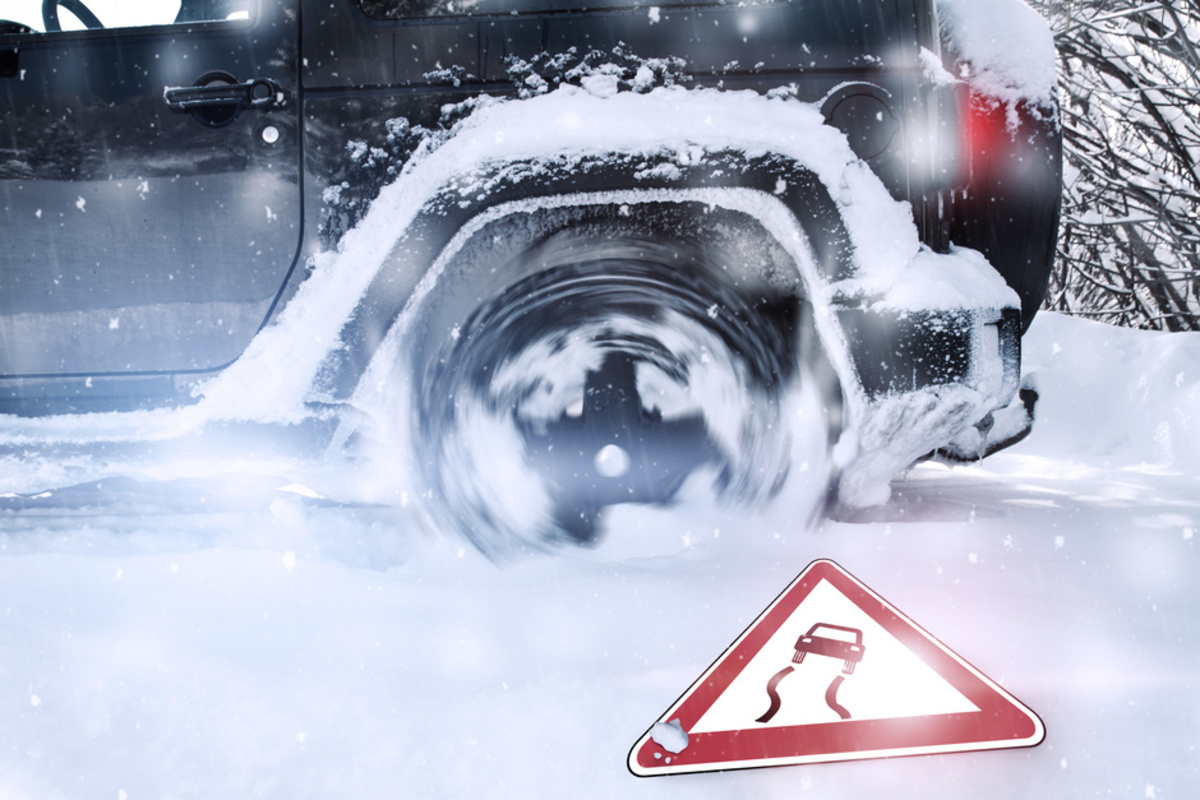If you’ve ever lived someplace that gets snow and ice in the winter, you know what it’s like to not be able to get traction.
You’ve come to a stop at a snowy residential intersection. When the way is clear, you hit the gas and go nowhere. Sure, the engine revs, working hard. You might even slide to the side a little as gravity pulls you to the nearest gutter.
Despite the noise and the energy being expended, you just don’t go anywhere. You might as well be anchored to the ground.
The same thing can happen when it’s time to get to work. We set goals, we have a vision, and there’s nothing in our way, but we never seem to make any progress. We feel like something is holding us back.
Here are five reasons why you aren’t able to get traction on your goals.
- You’re working on too many goals. I get it. We’re high achievers. We do a lot and we want to do more. Setting goals is like catnip to us. But if you try to take on too much at once, you’ll spread yourself too thin. Keep yourself focused on just two or three active goals. Don’t feel like you’re ignoring the other areas of your life—you’ll get to them next quarter. Three months from now, would you rather have started ten different goals or accomplished two or three?
- You don’t know what to do next. One of the biggest reasons productivity can come to a halt (or not get started) is because we simply don’t know what the next action is. We know we should be working on a project or goal, but we don’t know what to do next. Instead of taking time to identify the next action—which can take some thought—we take the path of least resistance and work on something else. Take time during your weekly and quarterly previews to review your active goals and projects and make sure you have a clearly defined next action for each. During your daily planning, you’ll be ready to grab the next action and get to work.
- Your next action is too big. In a way, this is the opposite of not knowing what the next action is: you know what it is, and it’s daunting. Maybe it’s not clear. Maybe it’s actually several steps. Instead of “Fill out tax organizer” as a single task, break it down. Not only will you have to do some research (which represents multiple tasks right there), you need to find and download the form first. “Download tax organizer” is a much better next action. Starting with small, quick wins can help you build momentum before you get to the hard tasks.
- You don’t know where you want to go. Sometimes, we don’t know where we want to go, just that we don’t want to stay where we are. Subconsicously, we’re reluctant to head too far in any one direction in case we discover that we’re heading in the wrong direction. Clarify your vision. Figure out what you want and give yourself permission to head in that direction. That means leaving some wonderful things behind. That’s the price we pay to live our dreams.
- You’re not emotionally engaged in the change. We’re unlikely to achieve goals that someone else sets for us. Why? We just don’t care. We might dutifully work towards it (if it’s important to our boss and our boss signs our paychecks…) but we’re not going to perform at the same level we would if it were our goal. Something we came up with. Something we’re excited about. If you can, drop the change and pick another one that you are excited about. If this is something you need to see through, find a way to get excited about it, even if it’s just realizing that if it’s important to them and they’re important to you, then it’s important to you, too.
In each case, the response to losing traction is the same:
Stop.
This is what you do when you realize you’ve hit the gas too hard. You stop, adjust as necessary, and start again more deliberately. Hitting the gas harder will only cause you to spin your wheels more. You might even lose control.
Question: How do you realize you don’t have traction? Share your thoughts in the comments, on Twitter, LinkedIn, or Facebook.

